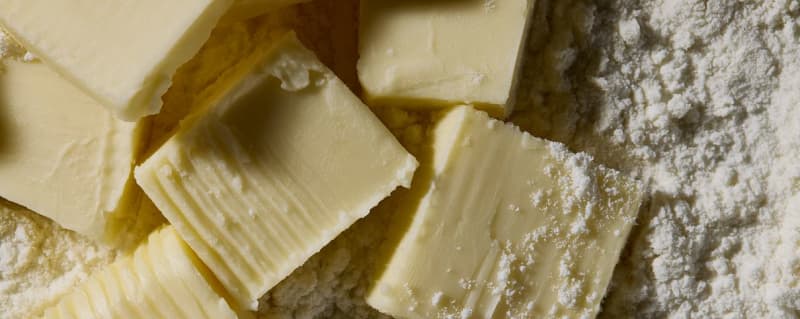
Carbon-based butter backed by Bill Gates criticized as 'disgusting'; even billionaire finds it 'strange'.
A synthetic butter made entirely from carbon, hydrogen, and oxygen and supported by Bill Gates has faced criticism online for being 'disgusting.'
The product is produced by Savor, a company located in Batavia, Illinois, and endorsed by the Microsoft co-founder. Savor's offerings are promoted on their website as "Delightfully rich foods without animals, farmland, fertilizers, hormones, or antibiotics. These are real fats, not a substitute."
However, the product's launch strategy has garnered mixed feedback, with many users expressing negative opinions online, labeling it as 'disgusting.' Celebrity chef Andrew Gruel commented, calling the product a combination of hydrogen, carbon, and oxygen manipulated to taste like butter, questioning the necessity when traditional butter already exists.
The synthetic butter is composed of fat, water, lecithin as an emulsifier, and natural flavor and color, according to the scientists. It is reported to contain no palm oil and is currently undergoing trials in restaurants and bakeries, aiming for a market release in 2025, with retail sales potentially starting around 2027.
Kathleen Alexander, the co-founder and CEO of Savor, emphasized that the product aims to revolutionize food production by utilizing an industrial process that converts carbon dioxide and hydrogen into fat molecules identical to those in dairy butter. This method eliminates the need for agriculture and reduces emissions, contributing to both feeding the population and preserving the environment.
Bill Gates, a supporter of the synthetic butter, acknowledged that the concept might seem unconventional initially but highlighted its significant potential in reducing greenhouse gas emissions. He stated that transitioning to lab-made fats and oils could have a substantial positive impact on the environment.
Critics have raised concerns about Savor's motives, accusing the company of using sustainability as a guise for consolidating food production. Some critics have expressed worries about health implications, suggesting that synthetic butter could lead to health issues like heart attacks and obesity.
Despite the criticisms, some individuals have defended the concept, pointing out its potential benefits for developing countries if it proves cost-effective. However, there are reservations about the authenticity and taste of the synthetic butter compared to traditional butter, with some expressing reluctance to embrace the new product.
Comments on the matter are subject to the publication's house rules and terms.